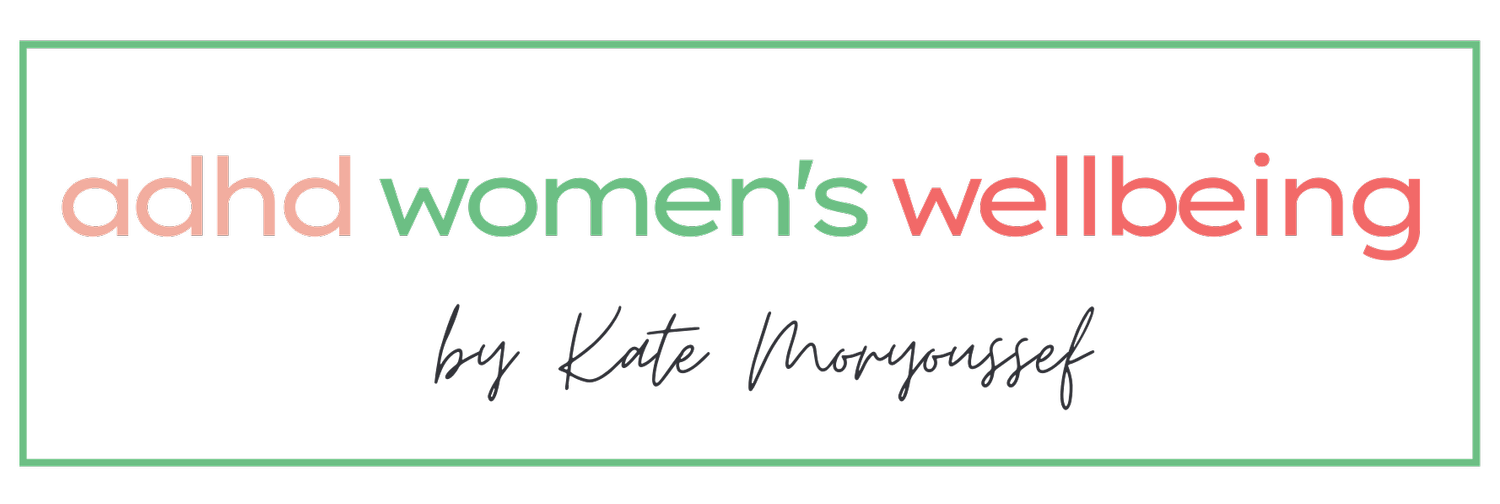Episode 166: ADHD Purpose & Gut Health with Kat Brown & Dr Rachel Gow
Newly diagnosed or looking for support while awaiting an ADHD diagnosis and desperate for more guidance?? If so, look at some of Kate's workshops and free resources here.
On this new Summer ADHD WW mash-up episode, we have Kat Brown, a freelance journalist and commentator whose work on ADHD, mental health stigma, and other social and art commentary has appeared in national titles, including The Telegraph, Grazia, "Woman’s Hour," Woman’s Health, and The Times. Her new book, It's Not A Bloody Trend, a guide to living with ADHD in adulthood, is out now.
In this short clip we discuss:
Accepting you don't have to do life perfectly, but make it work for you.
Advocating for yourself and other people
Being driven by purpose and passion
Here on the ADHD Women's Wellbeing Podcast, I'm passionate about bringing you the conversations that improve health, wellbeing and quality of life after a late-in-life ADHD diagnosis.
In the second clip on today's episode, we discuss the latest findings in epigenetics, neuroscience and nutrition with Dr Rachel V. Gow, PhD, nutritional Neuroscientist, Neuropsychologist and Neurodevelopmental specialist with expertise in various mental health conditions and associative learning and behaviour differences.
In addition, Dr. Gow is also a registered nutritionist, has published 22 peer-reviewed book chapters and scientific papers. She has extensive knowledge of neurodiverse learning and behavioural differences and the effects of dopamine-enhancing brain‐selective nutrients. Her book - “Smart Foods for ADHD and Brain Health” - is available on Amazon.
In this episode of the ADHD Women's Wellbeing Podcast, Kate and Rachel spoke about:
The connection between diet and ADHD symptoms and behaviour
The impacts of ultra-processed food on the ADHD brain and gut
The effects of dietary sugar on the brain
Addiction, dopamine and the ADHD brain
Cooking whole foods and involving your children
New findings that suggest Epigenetics play a role in ADHD
Using lifestyle to support our epigenetics
Implementing nutritional changes for an ADHD family
Making changes in our lifestyle and nutrition to celebrate
Look at some of Kate's ADHD workshops and free resources here.
